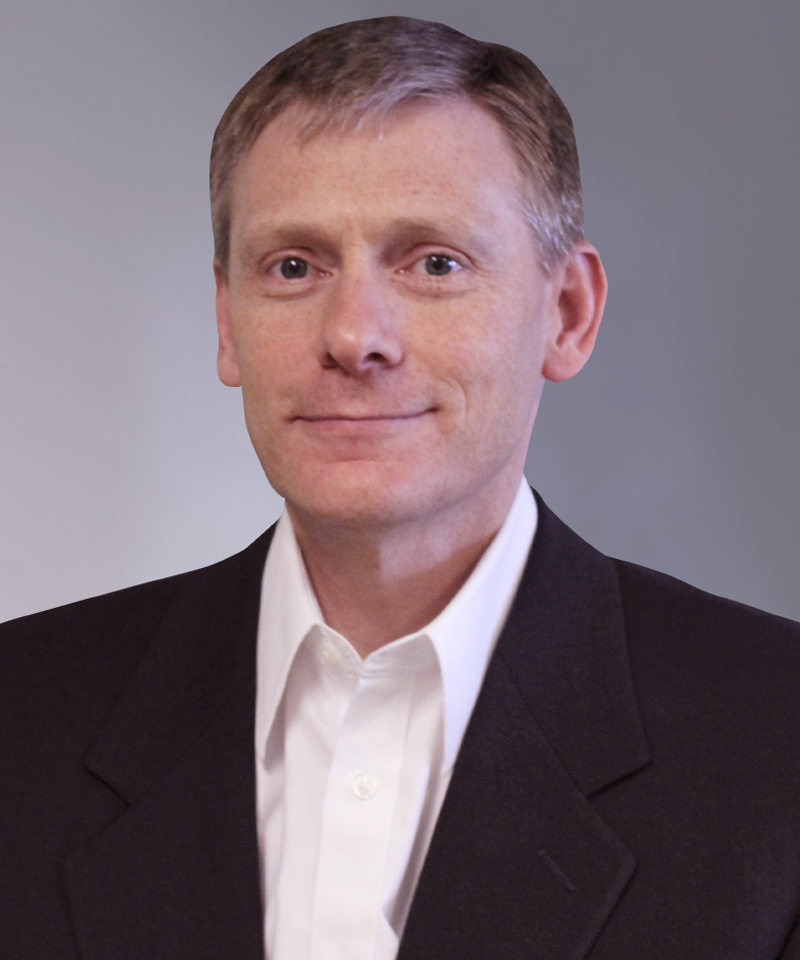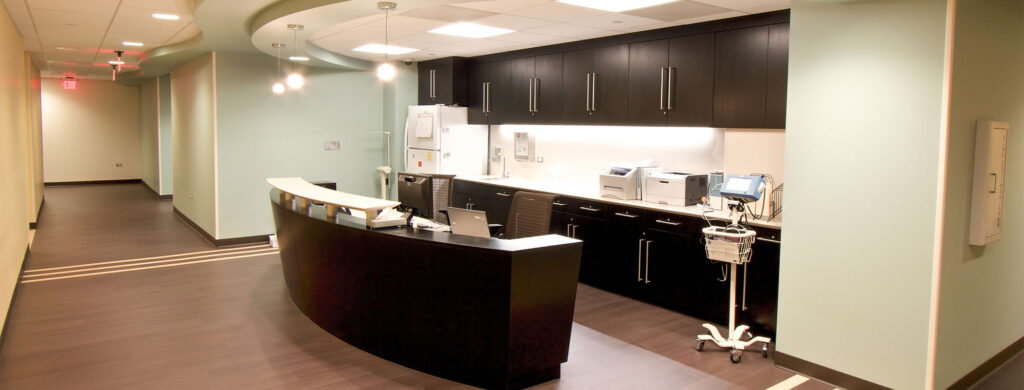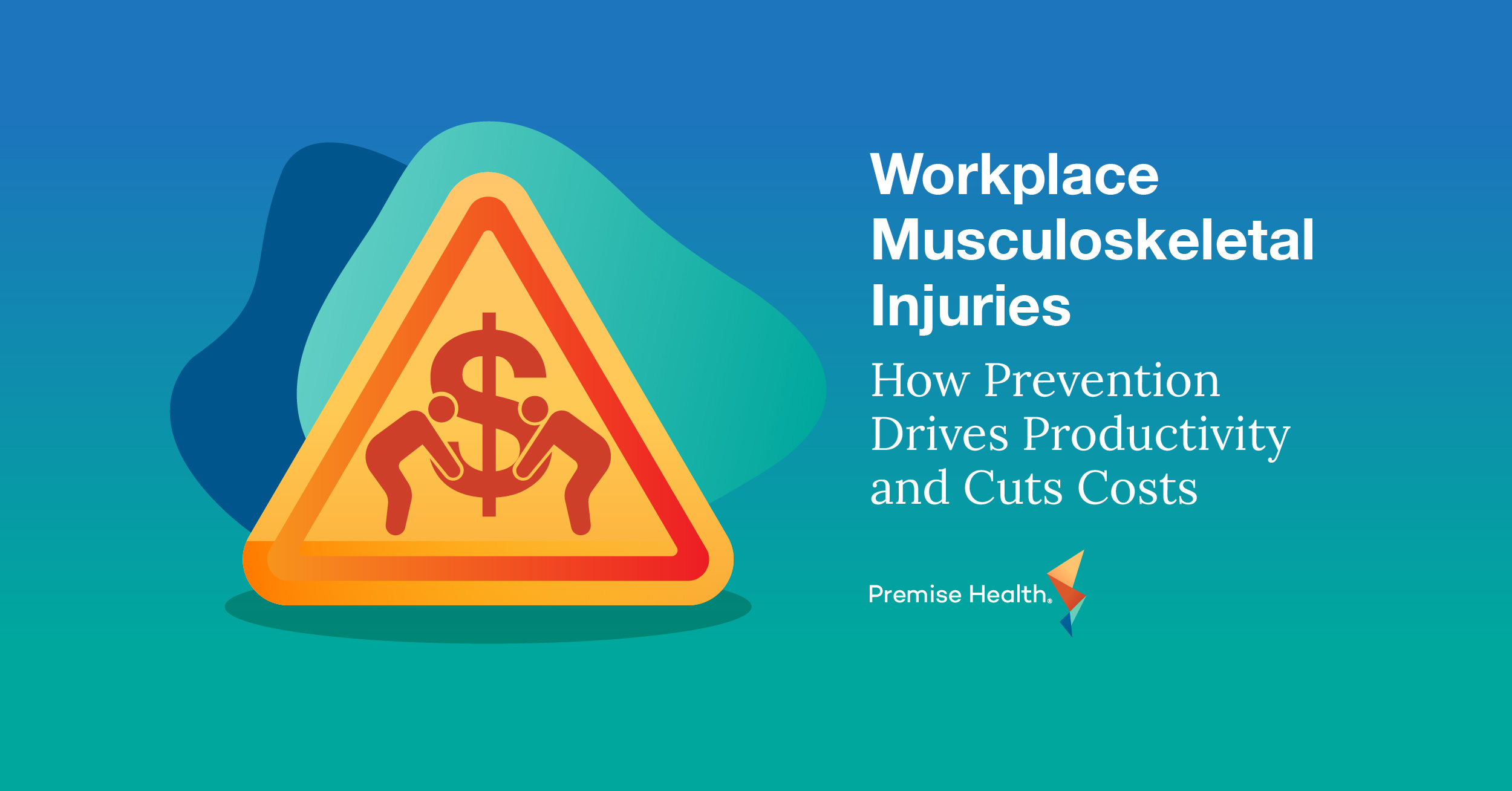Meet Our Chief Medical Officer

A Q&A with Dr. Jonathan Leizman
Dr. Jonathan Leizman always knew he wanted to be a physician. He had a desire to help people, and the medical field allowed him to do so. Following years practicing in urgent care, primary care, emergency department, and occupational medicine settings, Dr. Leizman found his calling working with employers.
We sat down with one of our newest team members, chief medical officer Dr. Jonathan Leizman, to learn about his journey to becoming a physician and how he found himself in the direct healthcare space. In his role, Dr. Leizman will work with our clinical teams – which includes more than 3,500 providers – to drive the delivery of high-quality, integrated care and support innovation and strategy.
Q. What type of work did you do for the Cleveland Clinic Foundation?
A. I was part of the Cleveland Clinic Health System for nearly 20 years. Over the years, the Cleveland Clinic grew significantly by mergers and acquisitions, just like many large academic medical centers and health systems.
My first encounter with the Clinic was as a medical student. At that time, it had roughly 600 doctors. As the Clinic’s reputation grew, so did its provider count. At the end of my 20-year tenure with the organization, there were 3,000+ doctors and scientists.
After I finished my family medicine residency at Case Western Reserve University / University Hospitals of Cleveland, I found myself back at the Cleveland Clinic where I ran urgent and express care clinics – similar to a CVS Minute Clinic. These clinics increased access to care for both existing patients at the Cleveland Clinic and individuals who might not yet be patients. One of the biggest benefits of the clinics was our ability to provide after hours and weekend care.
Q. Can you share more about your experience specifically with the Cleveland Clinic AtWork function?
A. In 2013, the Cleveland Clinic established Cleveland Clinic AtWork from existing internal entities, including occupational medicine clinics, as well as onsite clinics that were more focused on traditional occupational medicine. I became the medical director of the group, responsible for clinical operations, finances, overall operations of the clinics, and growth and strategy.
The Cleveland Clinic AtWork function focused on primary care, urgent care, wellness services and traditional occupational health. We delivered these services in 10-12 onsite clinics across Northeast Ohio. In addition, we had stand-alone occupational medicine clinics and a mobile unit.
One of the unique features of the Cleveland Clinic AtWork clinics was the referral model. Given we were operating within a specific geographic area, we had connectivity with the leading health system – Cleveland Clinic – so we were able to provide quick access to downstream care when needed.
Q. Why did you want to become a physician?
A. I knew from a young age I wanted to be a physician. My dad was a pharmacist, and my older brother became a physician. Ultimately, I wanted to help people, and I thought that by becoming a physician, I would be able to do so. Growing up, one of my friend’s dads was a neurosurgeon. I thought I wanted to become a neurosurgeon in third grade, but that thought quickly changed once I got to med school. My thought was family medicine would provide me with the broadest view of healthcare, which is the path I took.

Q. What made you decide to focus on healthcare in the workplace?
A. When I was at the Cleveland Clinic, they formed a task force to see whether or not an onsite clinic service line was worthwhile to pursue. After a year-long review, there was a unanimous decision to move forward. There is great opportunity for growth within the onsite clinic realm, and the future of corporate America necessitates more active involvement in healthcare by employers and their beneficiaries. Increasing costs, access challenges, and uneven quality of care are gaps that can be filled with onsite care.
I felt my diverse experiences in primary care, occupational medicine, and urgent care aligned nicely with the emerging nature of onsite clinics. In addition, I was able to bring my operational experience from urgent and express care clinics.
Q. In your opinion, what are direct healthcare’s biggest challenges to overcome from a clinical / care delivery perspective?
A. Healthcare integration is the big challenge. The great opportunity lies in bringing together disparate pieces in what continues to be a highly-fragmented environment. This is the key to improving quality, access, member experience and cost – the four pillars in delivering direct healthcare.
I was drawn to Premise Health because of the organization’s size and scale. We have an incredible team in place and a unique approach to help piece together a historically fragmented industry into a cohesive care delivery model.
Q. What excites you about the direct healthcare market? Where do you see the future of direct healthcare going?
A. There is opportunity to deepen relationships between the care provider and the employers offering direct healthcare to employees, in addition to having alignment for incentives related to high-quality, cost-effective care.
We are also entering an age where data and analytics will offer opportunity not only to measure and view outcomes, but also implement appropriate interventions that drive healthy behaviors.
In the future, I see the industry moving from merely onsite clinic services to member health management where there is a more holistic view of what direct healthcare providers bring to employers and employees.
I believe we are sitting on a crest of opportunity to positively impact the more than 150 million people covered by their employers’ health plans.
Q. Where are you focusing your efforts at Premise? 6 months? First year? Mountains to climb?
A. First and foremost, the team is focused on delivering high-quality care to members. This includes a heightened focus on the member experience and striving to improve that within our wellness centers. This will always be our priority.
We have a great team at Premise, and I look forward to doing my part to help individual team members realize their potential.
Q. What is something that would surprise people about you?
A. I was a coxswain on my college crew team.
cox·swain /ˈkäks(ə)n/ noun
Definition: The steersman of a ship’s boat, lifeboat, racing boat, or other boat.
Next on industry insights.

Overcoming Burnout: Strengthening Workforce Resilience Through Behavioral Health
Read the Blog
Workplace Musculoskeletal Injuries: How Prevention Drives Productivity and Cuts Costs
Read the Blog